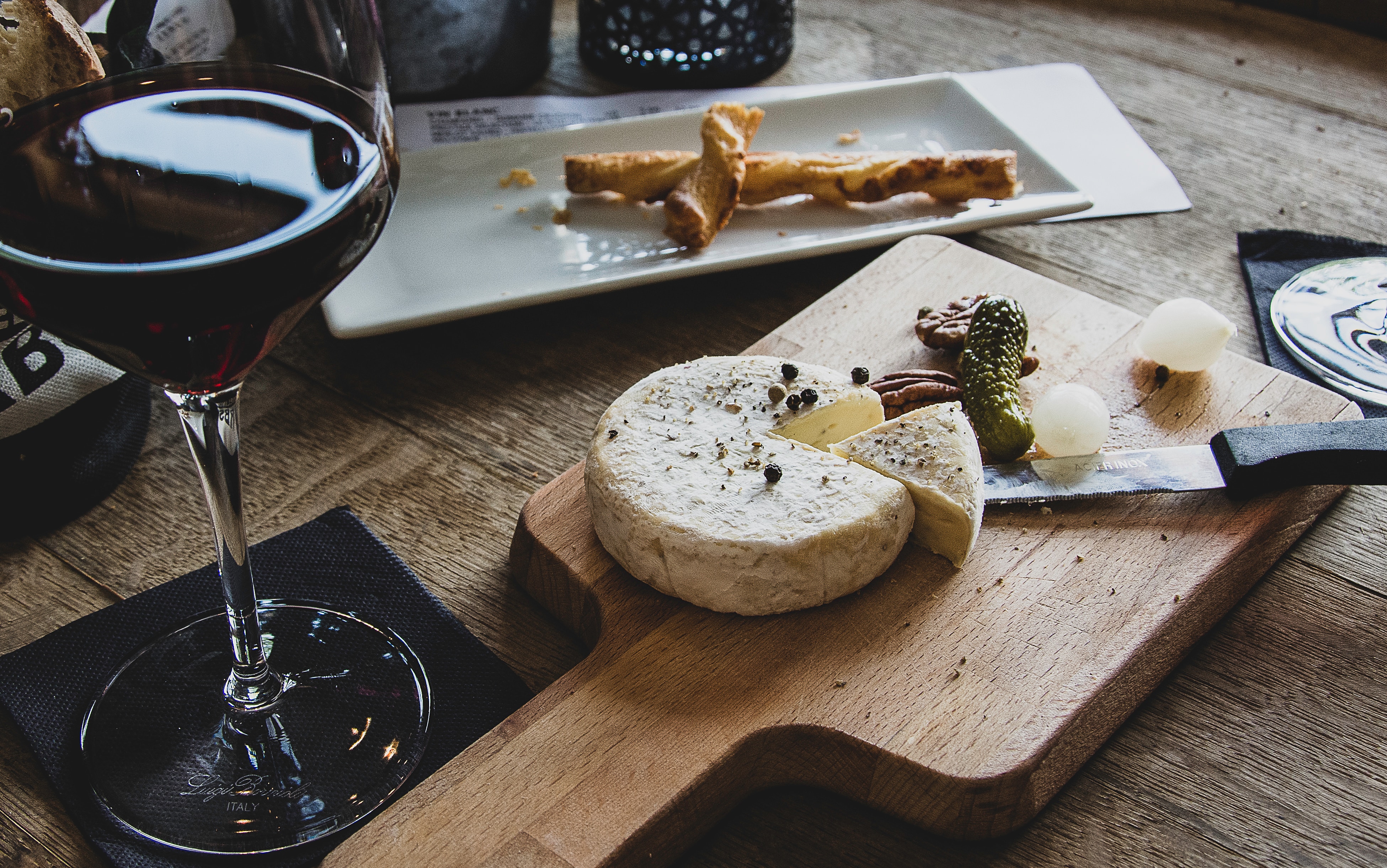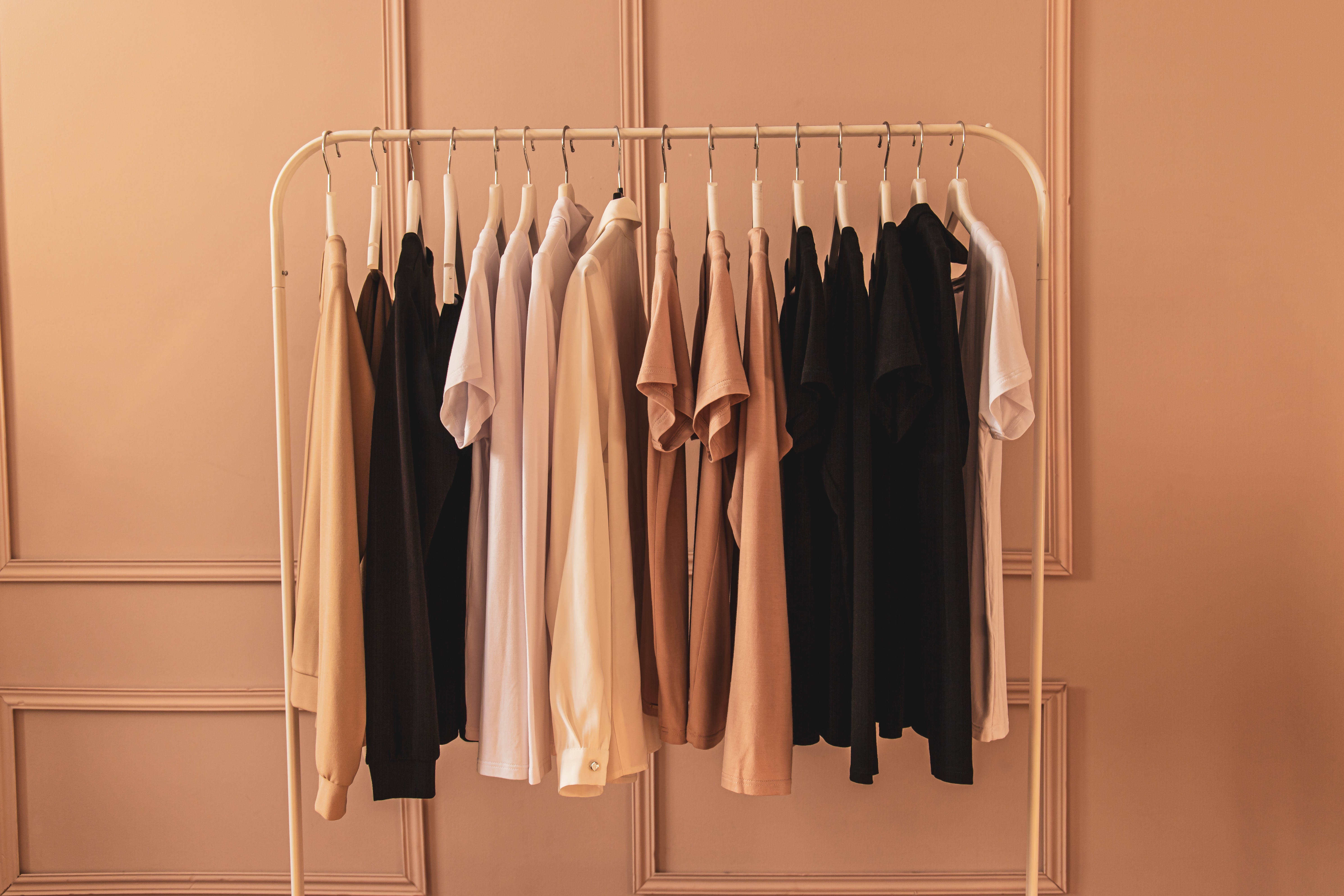Cheese and wine are a match made in heaven, with the right pairing elevating the flavors of both. Whether you're hosting a party, having a romantic dinner, or just indulging in a fancy snack, combining cheese and wine is an excellent way to add sophistication and flavor to your meal. In this article, we'll explore how to combine cheese and wine, covering everything from selecting the right cheese to pairing it with the perfect wine.
Why cheese and wine are a perfect match?
The combination of cheese and wine has been enjoyed for centuries. The flavors of both complement each other, making for a harmonious pairing. Cheese is rich in flavor and texture, while wine provides acidity and tannins, which can balance the richness of the cheese. Moreover, both cheese and wine have complex flavor profiles, making the pairing experience exciting and enjoyable.
How to select the right cheese?
The first step in combining cheese and wine is to select the right cheese. Here are some tips to keep in mind when selecting cheese:
Flavor profile: Cheese comes in many flavors, ranging from mild to strong. Consider the flavor profile of the cheese you're selecting and choose a wine that complements it.
Texture: Cheese can be soft, semi-soft, or hard. Pair softer cheeses with lighter wines and harder cheeses with heavier wines.
Age: The age of the cheese can also affect the pairing. Younger cheeses tend to be milder and pair well with lighter wines, while aged cheeses have a stronger flavor and pair well with full-bodied wines.
Origin: Cheese from different regions can have different flavor profiles. For example, French cheese tends to be milder and pairs well with lighter wines, while Italian cheese is richer and pairs well with full-bodied wines.
Some of the popular cheese that pairs well with wine are Brie, Cheddar, Gouda, Blue Cheese, and Parmesan.
How to select the right wine?
The next step is to select the right wine to pair with your cheese. Here are some tips to keep in mind when selecting wine:
Acidic wines: Acidic wines, such as Sauvignon Blanc, Pinot Grigio, and Chardonnay, pair well with soft, creamy cheeses like Brie and Camembert.
Light-bodied red wines: Light-bodied red wines, such as Pinot Noir and Beaujolais, pair well with mild and nutty cheeses like Gouda and Edam.
Full-bodied red wines: Full-bodied red wines, such as Cabernet Sauvignon, Shiraz, and Merlot, pair well with aged and strong cheeses like Cheddar, Blue Cheese, and Parmesan.
Sweet wines: Sweet wines, such as Port and Sherry, pair well with strong and salty cheeses like Roquefort and Gorgonzola.
Q and A Section:
Q: Can you pair red wine with cheese?
A: Yes, red wine pairs well with cheese, especially full-bodied red wines like Cabernet Sauvignon and Merlot, which pair well with strong cheeses like Cheddar and Blue Cheese.
Q: Can you pair white wine with cheese?
A: Yes, white wine pairs well with cheese, especially acidic wines like Sauvignon Blanc and Chardonnay, which pair well with soft and creamy cheeses like Brie and Camembert.
Q: Can you pair sweet wine with cheese?
A: Yes, sweet wine pairs well with cheese, especially strong and salty cheeses like Roquefort and Gorgonzola, which pair well with sweet wines like Port and Sherry.
Q: Can you pair cheese with beer?
A: Yes, cheese pairs well with beer, especially strong and nutty cheeses like Cheddar and Gouda, which










